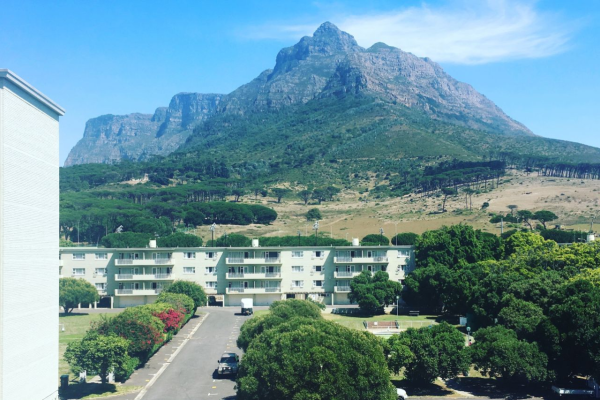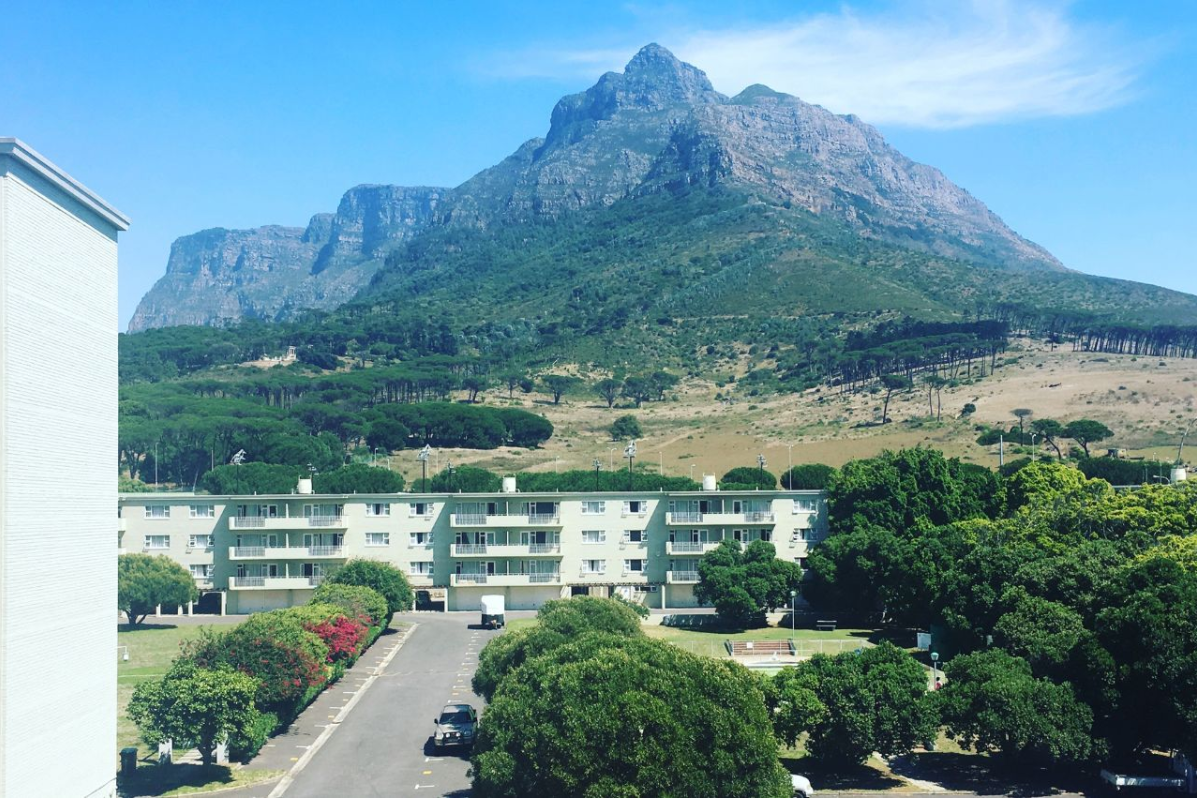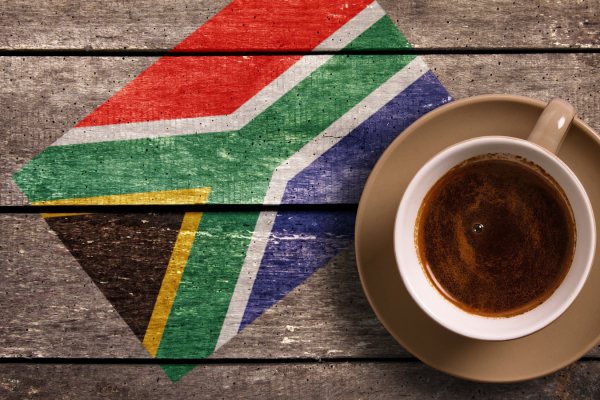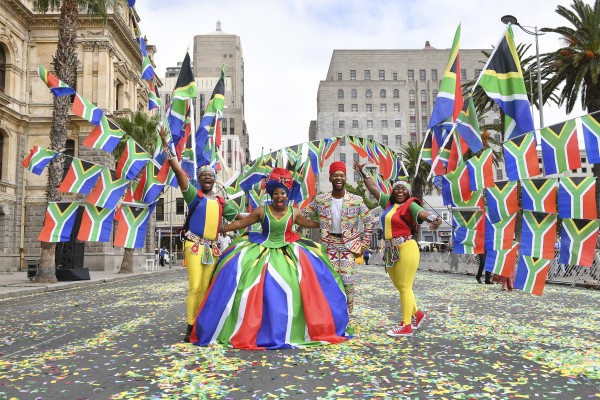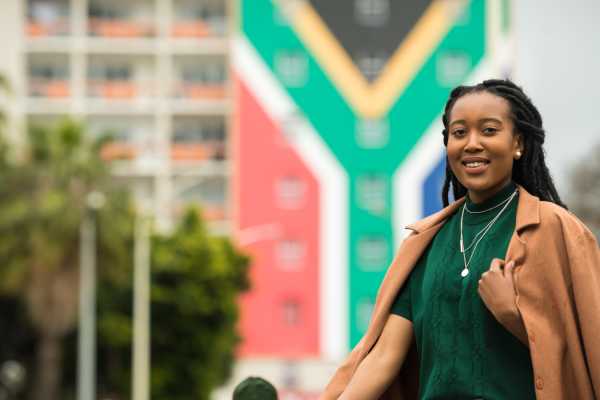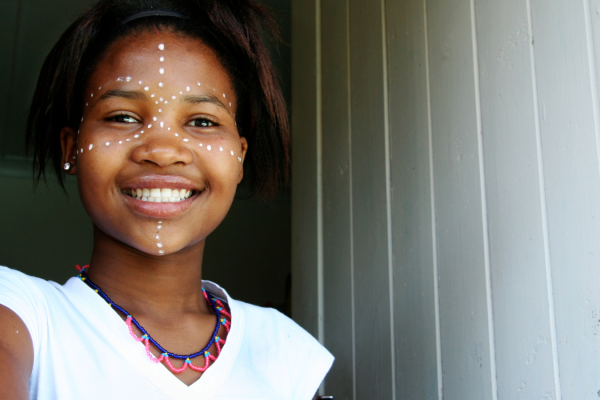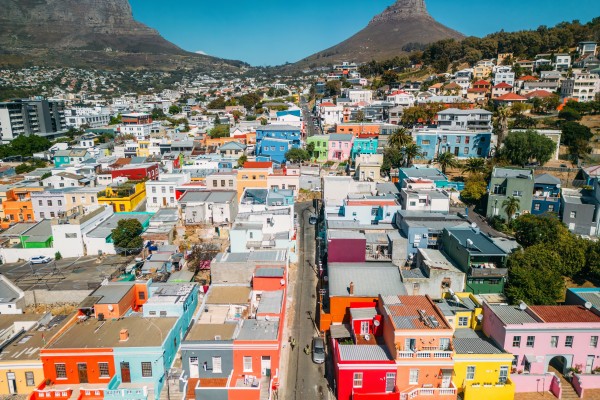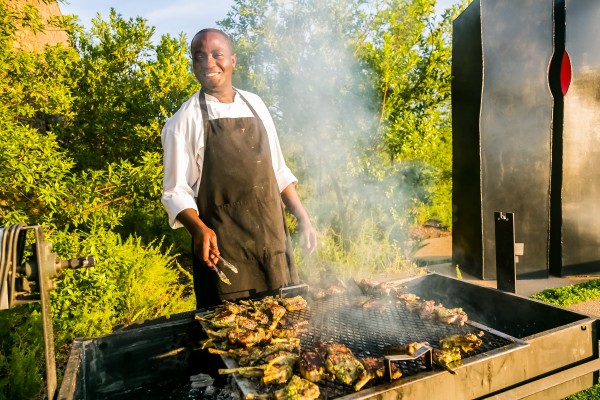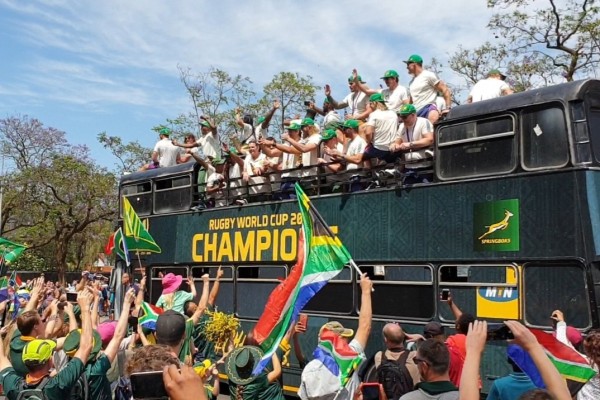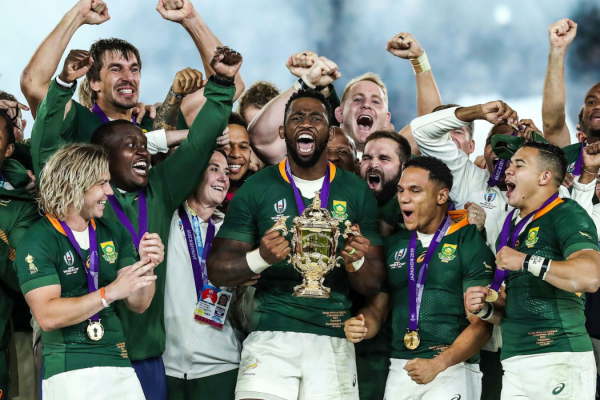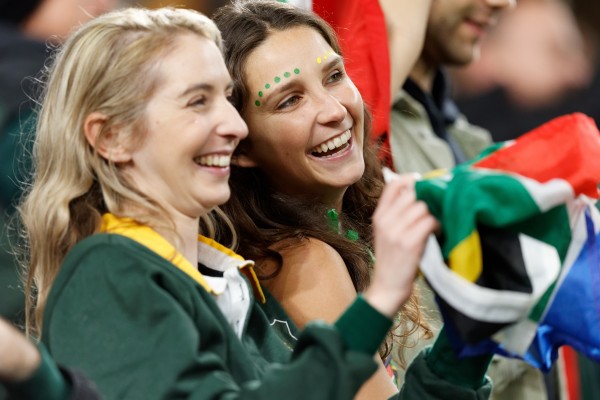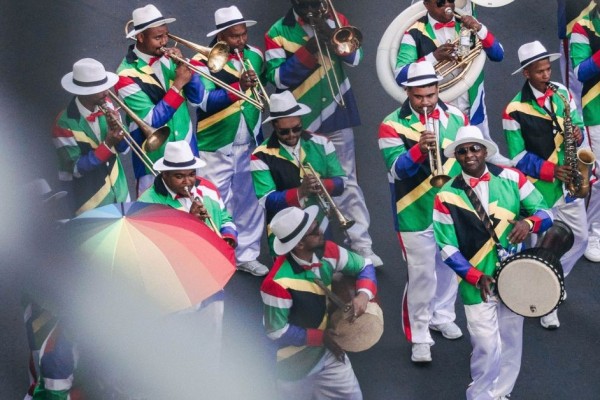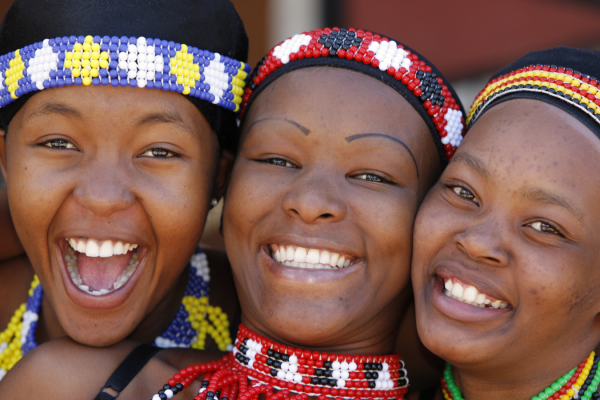South Africa's Literary Legends: A Journey Through SA Literature
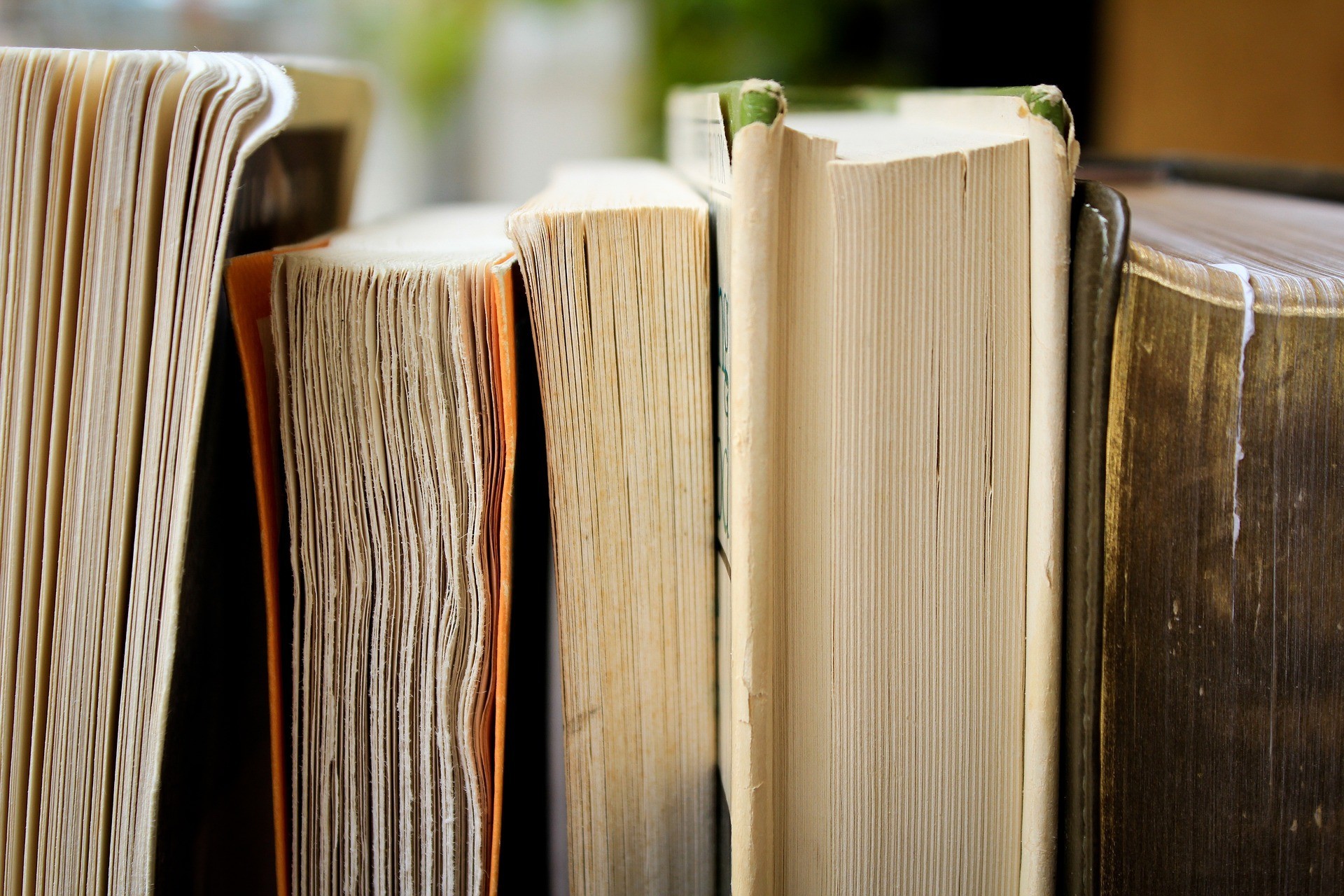
Thanks to multiple cultures, 11 official languages and due to its complex history, South Africa has a rich literary identity.
South African novelists and poets are famous for weaving social and political commentary into their fiction, shining a light on the country's colonial injustices and the legacy of apartheid.
As such, South Africa's list of literary icons is extensive. Using merit and different cultural perspectives as arbiters, we've created the list below. It is by no means exhaustive.
Celebrated South African authors
South Africa's literary heritage features Nobel and Booker Prize winners, but there are celebrated contemporary authors that deserve honourable mentions.
J.M. Coetzee
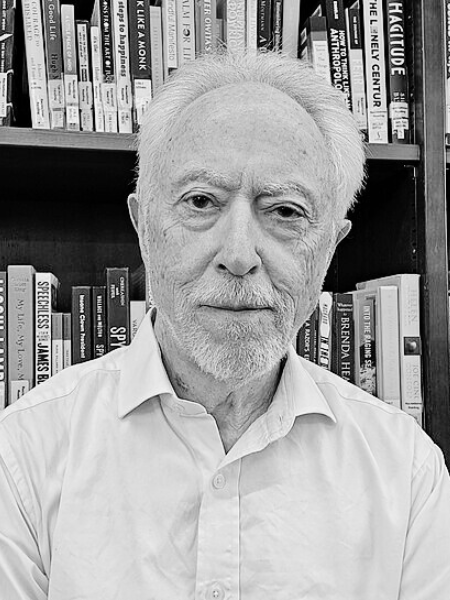 2003 Nobel Prize winner, John M. Coetzee is perhaps the most internationally acclaimed writer South Africa has produced.
2003 Nobel Prize winner, John M. Coetzee is perhaps the most internationally acclaimed writer South Africa has produced.
Born in 1940, Coetzee has tackled some of the country's most sensitive issues, exploring race, class, and politics. His novels frequently create surreal, other-worldly settings in which he can magnify his characters and South Africa's characteristics.
Among his many accolades, Coetzee has been awarded the Booker Prize twice (the first author to do so) - for Life & Times of Michael K in 1983, and for Disgrace in 1999.
He was also the recipient of the Nobel Prize in Literature in 2003, making him just the second South African author to receive this honour after Nadine Gordimer.
Nadine Gordimer
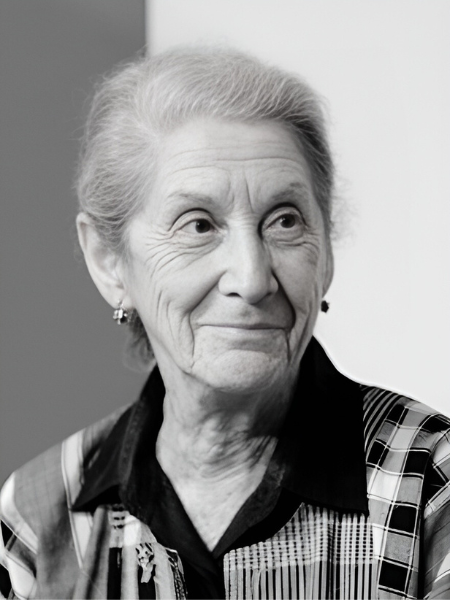 Born in 1923, Nadine Gordimer was a prolific writer and political activist. An anti-apartheid campaigner who also stood up against censorship, Gordimer had several of her novels banned during the apartheid years.
Born in 1923, Nadine Gordimer was a prolific writer and political activist. An anti-apartheid campaigner who also stood up against censorship, Gordimer had several of her novels banned during the apartheid years.
Gordimer famously gave Nelson Mandela advice on his 1964 defence speech at the trial that led to his conviction.
Gordimer won the Nobel Prize in Literature in 1991 and has achieved lasting international recognition for her works. The Conservationist (1974) is considered her breakthrough novel.
Wilbur Smith
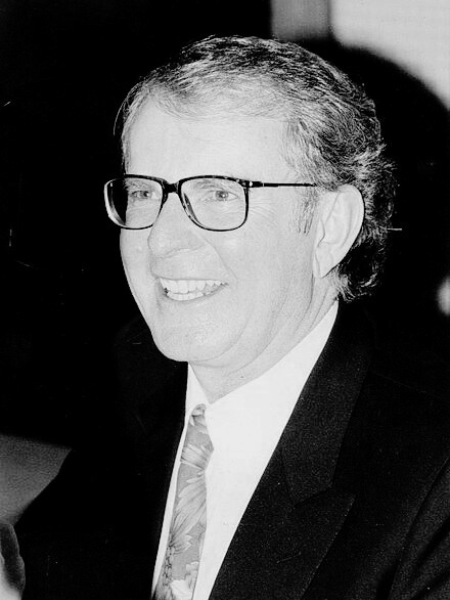 Born in 1933, bestselling author Wilbur Smith specialised in historical fiction that explored international involvement in Southern Africa over four centuries.
Born in 1933, bestselling author Wilbur Smith specialised in historical fiction that explored international involvement in Southern Africa over four centuries.
Smith is known around the world as an author who wrote adventure novels with African settings, and common themes in his work include hunting, mining, romance, and conflict.
In his later years, Smith proudly exclaimed: “I don’t write literature, I write stories.”
Zakes Mda
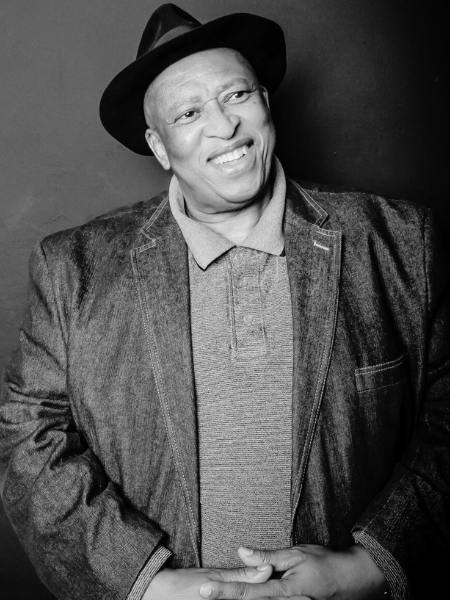 Zakes Mda is a Xhosa novelist, poet, playwright, musician and painter who has won major South African and British literary awards.
Zakes Mda is a Xhosa novelist, poet, playwright, musician and painter who has won major South African and British literary awards.
His first novel, Ways of Dying, was an international success and has been translated into 21 languages. The book catalogued South Africa's transitional years as it moved from a police state to a democracy.
Born in 1948, Mda continued to achieve success as he turned out new novels. His work discusses post-colonial concerns like fractured identity. He has also been praised for his comedic streak, making difficult subject matters easier to digest.
Andre Brink
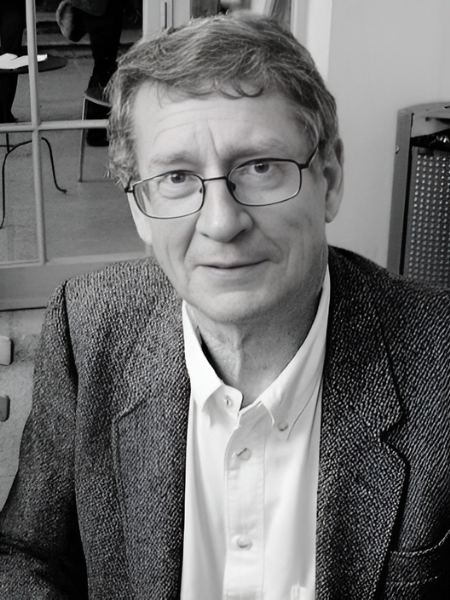 Born in 1935, Andre Brink is a celebrated writer who was a key figure in the controversial 60s literary movement ‘Die Sestigers.’
Born in 1935, Andre Brink is a celebrated writer who was a key figure in the controversial 60s literary movement ‘Die Sestigers.’
His work discussed religious and sexual themes that authorities deemed inappropriate. His novel Kennis van die Aand was the first Afrikaans book to be banned under apartheid, which prompted him to begin writing in English.
Brink’s most famous novel, A Dry White Season, was adapted into a 1989 film starring Donald Sutherland and Marlon Brando (who offered their services for free).
Other must-reads
Along with the prominent authors listed above are some must-read classics and contemporary works that have also put South Africa on the literary map.
Cry The Beloved Country, Alan Paton - This 1948 novel is a South African classic and is set in the prelude to apartheid. It tells the story of a black village priest's journey from rural South Africa to Johannesburg in search of his son.
The Power of One, Bryce Courtenay - Loosely based on his own life, Bryce Courtenay produced this international bestseller (later adapted to a film) that follows the adventures of an English-speaking South African boy against the backdrop of a racially divided country.
If movie adaptations of South African novels have piqued your interest, then you should read our take on South Africa's Film Industry - From Local Gems to International Hits.
The Promise, Damon Galgut - Damon Galgut has been shortlisted three times for the Booker Prize and eventually won in 2021 for his ninth book, The Promise. The novel is a cutting depiction of a white family in post-apartheid South Africa. Galgut became the third South African to win the prestigious fiction prize after J.M. Coetzee and Nadine Gordimer.
South African Poets
Further along the South African literary journey are several renowned poets. They also added a liberal voice during the violently oppressive and politically-turbulent period of apartheid.
Ingrid Jonker
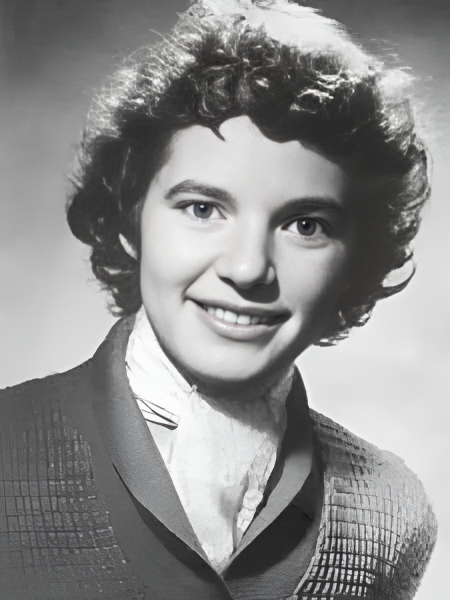 Ingrid Jonker, born in 1933, is considered one of the founders of modern Afrikaans literature. Her poems have been widely translated into other languages and she has drawn comparisons to Sylvia Plath, owning to the tragic course of her troubled life.
Ingrid Jonker, born in 1933, is considered one of the founders of modern Afrikaans literature. Her poems have been widely translated into other languages and she has drawn comparisons to Sylvia Plath, owning to the tragic course of her troubled life.
In her poems, Jonker denounced the ruling National Party's racial policies and their censorship of literature and the media.
One of Jonker's most famous poems, "Die Kind" (The Child), was written in the wake of the 1960 Sharpeville Massacre. Nelson Mandela praised Jonker as a critic of apartheid and read the poem at the opening of the first democratically elected Parliament of South Africa in 1994.
Breyten Breytenbach
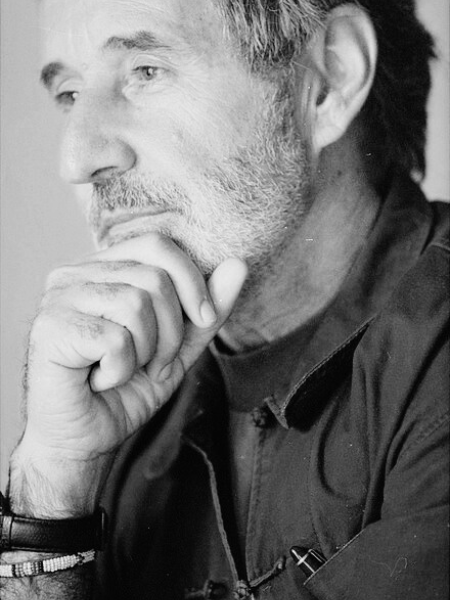 Breyten Breytenbach, born in 1939, is regarded by many Afrikaners as the grandfather of South African poetry. He became internationally recognised as a dissident poet and vocal critic of the apartheid government.
Breyten Breytenbach, born in 1939, is regarded by many Afrikaners as the grandfather of South African poetry. He became internationally recognised as a dissident poet and vocal critic of the apartheid government.
Breytenbach was also a member of ‘Die Sestigers’ movement, and at one stage became a political prisoner of the National Party-led government - who sentenced him for high treason.
Frequently employing autobiography in his work, Breytenbach was exiled to France in 1982. Here he founded a resistance group that sought to end the racist policies in South Africa.
Much of his work has been translated from Afrikaans to English, with many poems originally published in English.
Antjie Krog
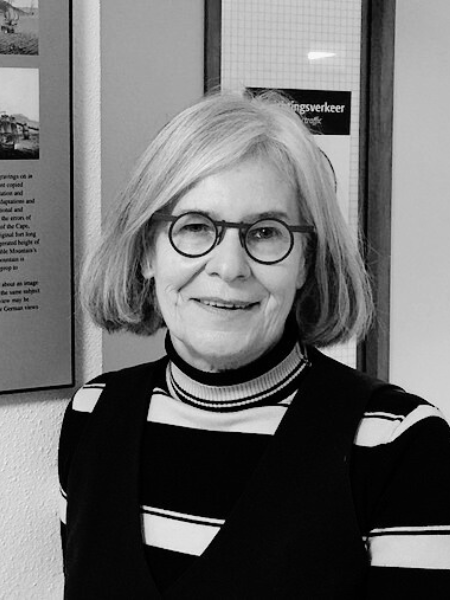 Antjie Krog is a South African writer and academic but is best known for her Afrikaans poetry.
Antjie Krog is a South African writer and academic but is best known for her Afrikaans poetry.
Born in 1952, Krog's literary career began in 1970 when she penned an anti-apartheid poem for her school magazine. This brought the attention of the national media to her conservative Afrikaans-speaking community in the Free State.
Most of Krog's poetry deals with apartheid, the role of women, the politics of gender, and love. Her work has been translated into English, Dutch and several other languages.
Keorapetse Kgositsile
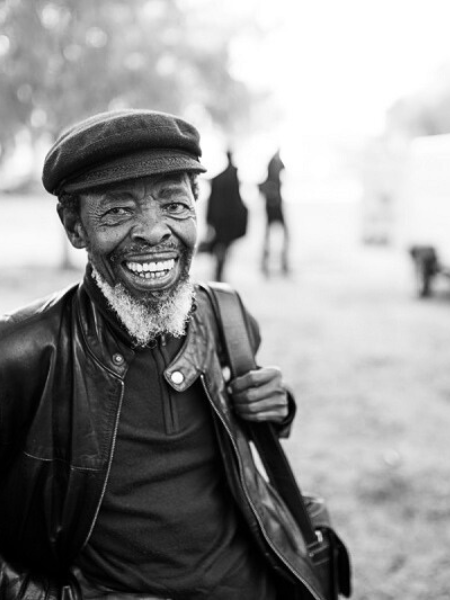 Keorapetse William Kgositsile was a South African Tswana poet, journalist and political activist born in 1938. An influential member of the African National Congress in the 1960s and 1970s, 'Bra Willie' was inaugurated as South Africa's National Poet Laureate in 2006.
Keorapetse William Kgositsile was a South African Tswana poet, journalist and political activist born in 1938. An influential member of the African National Congress in the 1960s and 1970s, 'Bra Willie' was inaugurated as South Africa's National Poet Laureate in 2006.
Kgositsile lived in exile in the United States from 1962 until 1975. At the peak of his literary career, he became a central figure among African American poets. He is regarded as one of the first poets to bridge the gap between African and African American poetry in the US.
What do our customers say?


